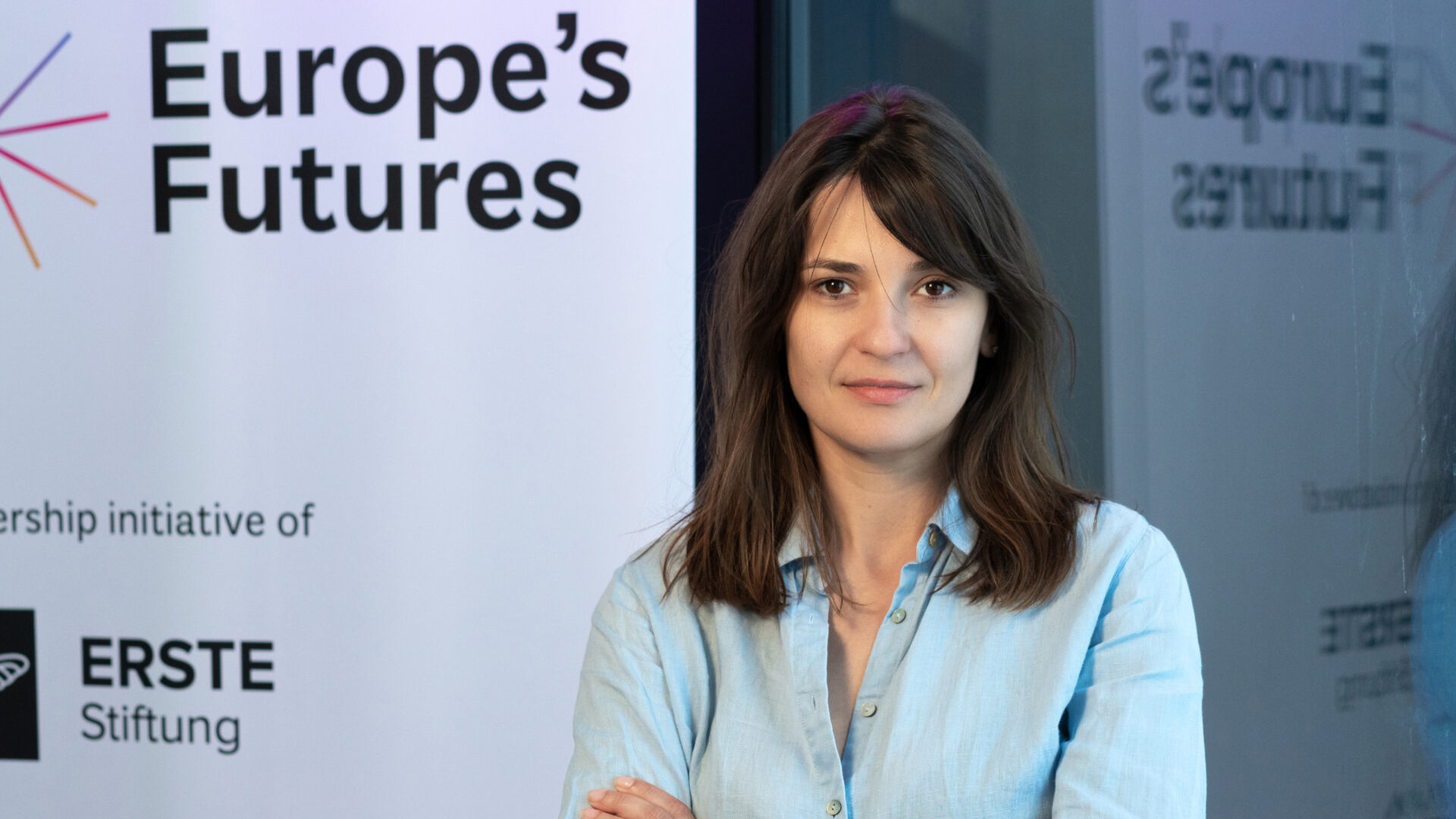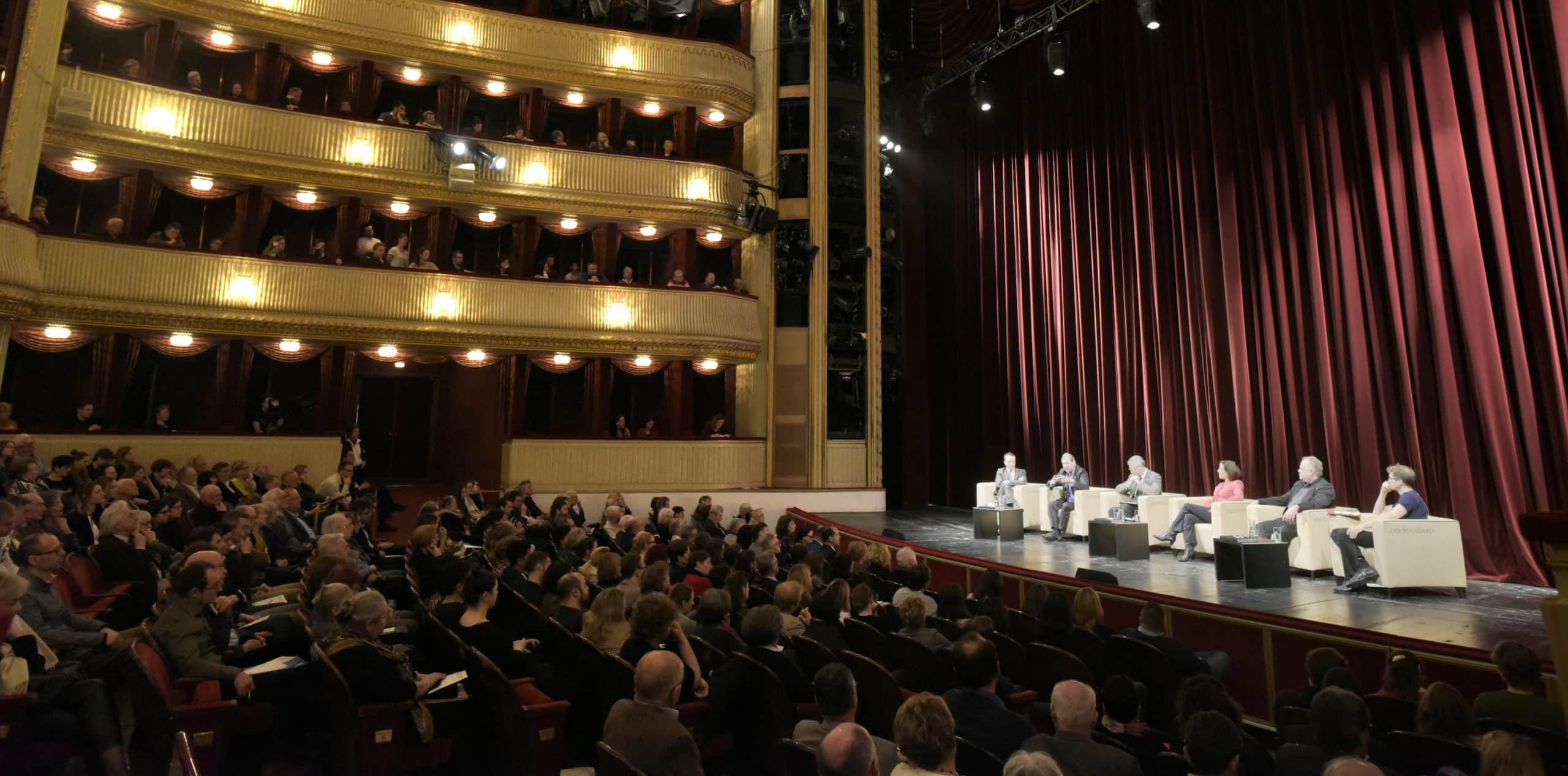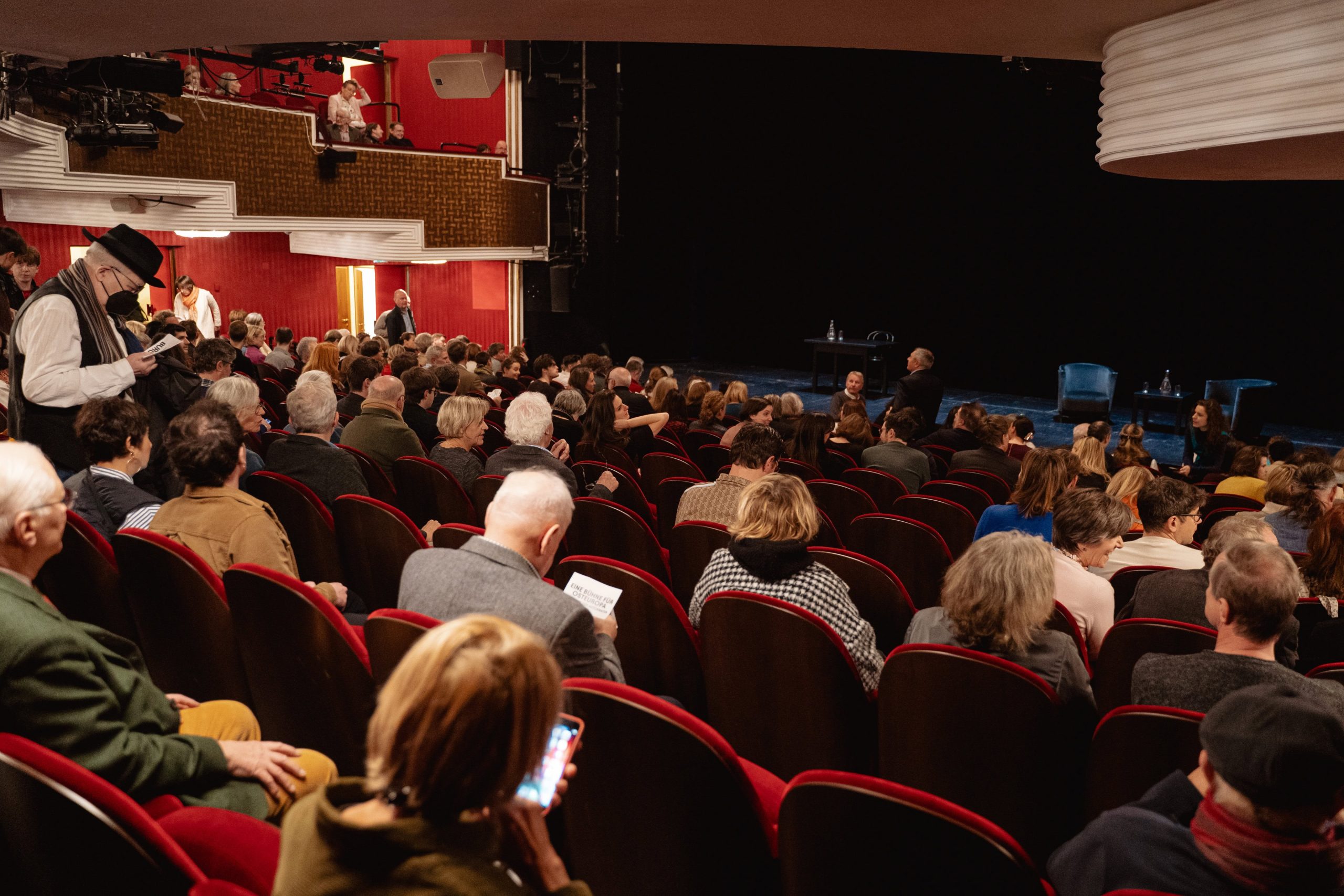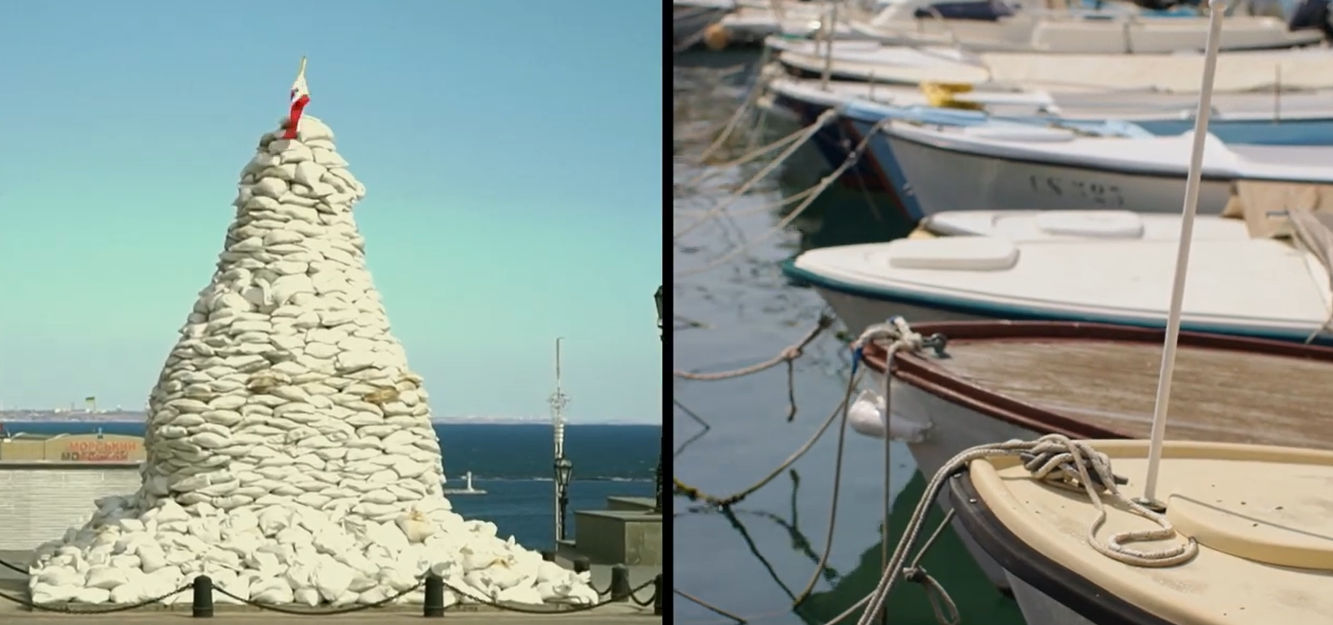Journal
26 November 2025
Reading Time: 3'

Three questions to Veronica Anghel
Veronica Anghel is Assistant Professor at the Robert Schuman Centre for Advanced Studies at the European University Institute, Visiting Professor at the College of Europe, and Europe’s Futures Alumna.
ERSTE Foundation At the »Time to Decide Europe Summit 2025,« you will join a panel on how Europe should respond to the profound shifts in transatlantic relations under Donald Trump’s second presidency. Beyond the rhetoric of sovereignty and autonomy, what practical choices do you believe Europe must make now to safeguard its interests without losing sight of its core values?
Veronica Anghel The highest risk for the EU under Donald Trump is not the US withdrawal from Europe. It is America collapsing under a cascade of reckless foreign-policy choices, an authoritarian slide at home, and mismanagement of a collision course with China. Replacing 100,000 US troops, nuclear deterrence, and parts of the intel umbrella will take time, but Europe can build the hardware – that is logistics. The real test is picking up the mantle of America’s better legacy: staying ruthlessly committed to democracy and law, shoring up the global order where Washington retreats, and stopping a reckless US–China crash. While the hegemon toys with self-destruction, the EU must quietly assume adult supervision. In this century, Europe is the indispensable nation.
»The highest risk […] is America collapsing under a cascade of reckless foreign-policy choices, an authoritarian slide at home, and mismanagement of a collision course with China.«
EF We are at a moment that challenges Europe’s very identity: liberal values versus illiberal trends, sovereignty versus interdependence. You’ve argued that the EU is a geopolitical power. How do you see Europe redefining its role globally in light of these tensions, and what does that mean for its internal cohesion and credibility on the world stage
VA Europe is already a geopolitical power – almost by accident, Europeans built the EU as a chaos-management machine, perfectly suited to a century of fragmentation. The EU’s power emerged because it continuously fights nationalist movements and ignorant political opportunism. The EU is China’s sharpest ideological rival, the US’s only credible democratic ally, a sprawling network of diplomatic and economic ties built for negotiation and learning, a global regulatory hub that can connect entire regions, not just markets, and a depositor of untapped global soft-power. Europe is the safest, most attractive place on earth to live, familiar for the good and the worst of its legacy at planetary scale. Institutions to govern the challenges of the future – security, climate and digital commons – are already in place.
EF As a Europe’s Futures alumna and one of the first members of the new Europe’s Futures Initiative (EFI), you will help shape its mission. EFI will be based in Vienna, historically a bridge between East and West. Why is it important that Vienna becomes the home of EFI and what does this location symbolise for Europe’s future?
VA Vienna sits where empires collided, borders shifted, and wars ended – and where East–West dialogue never fully stopped, even in the Cold War. Making EFI’s home here signals that Europe’s future will be decided on its fault lines, not just in its comfortable core. Vienna connects Brussels to Kyiv, Berlin to the Balkans, and academics to diplomats. It embodies what Europe needs most now: a place that listens in all directions and refuses to accept permanent division.



